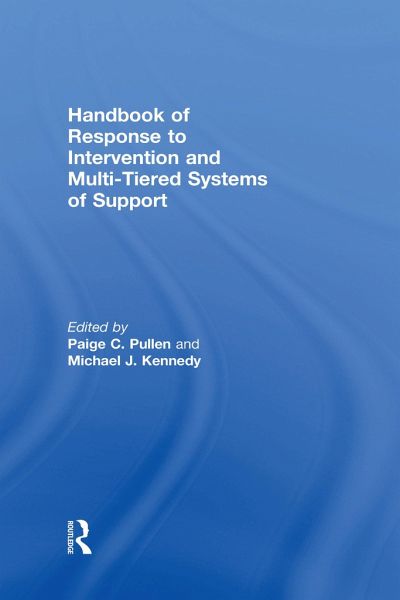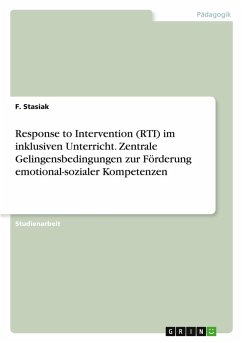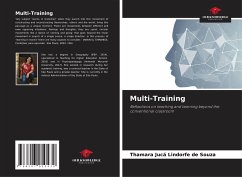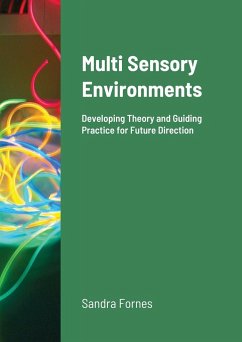
Handbook of Response to Intervention and Multi-Tiered Systems of Support
Versandkostenfrei!
Versandfertig in über 4 Wochen
324,99 €
inkl. MwSt.

PAYBACK Punkte
162 °P sammeln!
The mission of this handbook is to present a comprehensive and integrated discussion of response to intervention (RTI) and its relation to multi-tiered instruction (MTI) in both special education and general education.












